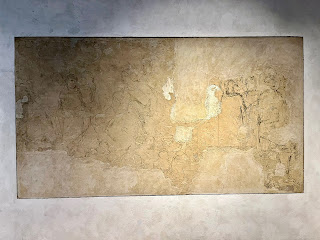On bad and wrong ideas as compost (series: notes to myself)

Roses need compost, a mixture of ingredients used to fertilize and improve the soil. So do good ideas: they grow better with some semantic compost.
Wrong hypotheses and failed experiments; fallacies and non-sequitur; cliche, imitations, commonplaces, and boilerplates; half-baked ideas, wrong ideas, and just silly ideas; nasty dogma and deeply-rooted superstitions; recurrent mistakes and plain errors; the trash and the kitsch; the inevitable confusions, delusions and illusions; untenable ideologies and falsified theories; unjustifiable beliefs, irrational convictions, false views... this is all semantic compost obtained by decomposing and recycling our mental waste, wherever it grows: in the arts and humanities, communications, cultures, laws, procedures and techniques, religions, sciences and STEM of all kinds...
We constantly produce a boundless amount of semantic waste. It is not useless, but a resource that contains the beneficial elements that can help the next generation to understand more and know better, behave more decently and think more straightforwardly.
This is reassuring. Anyone in the business of knowledge production can feel that even a wasted effort will have some value. If yours won't be a rose, it may still be good compost for someone else's rose.
It is realistic. Because part of the business of growing new ideas is to get one's own hands dirty with some compost. The history of ideas is not just the history of roses; it is mostly the history of well-rotting compost. Using it, instead of reproducing it, is good scholarship.
Yet do not exaggerate. A pile of compost will suffocate your roses. And even in the most open-minded approach to semantic compost, do not forget that some rubbish remains unrecyclable. Unfortunately, the history of ideas is also full of semantic landfills.







Typo in the third line at the second pararaph: "thr trash". :)
ReplyDelete